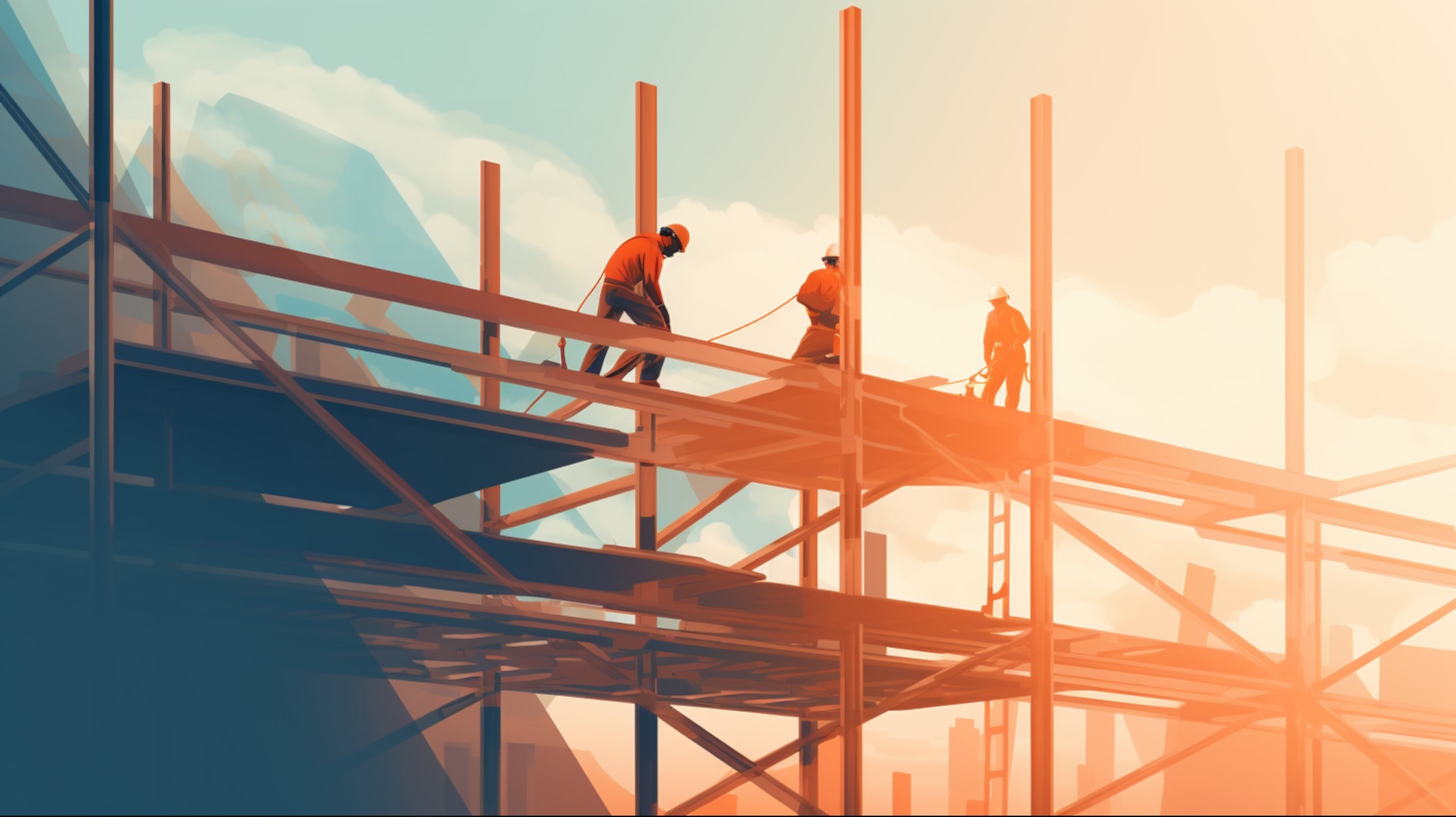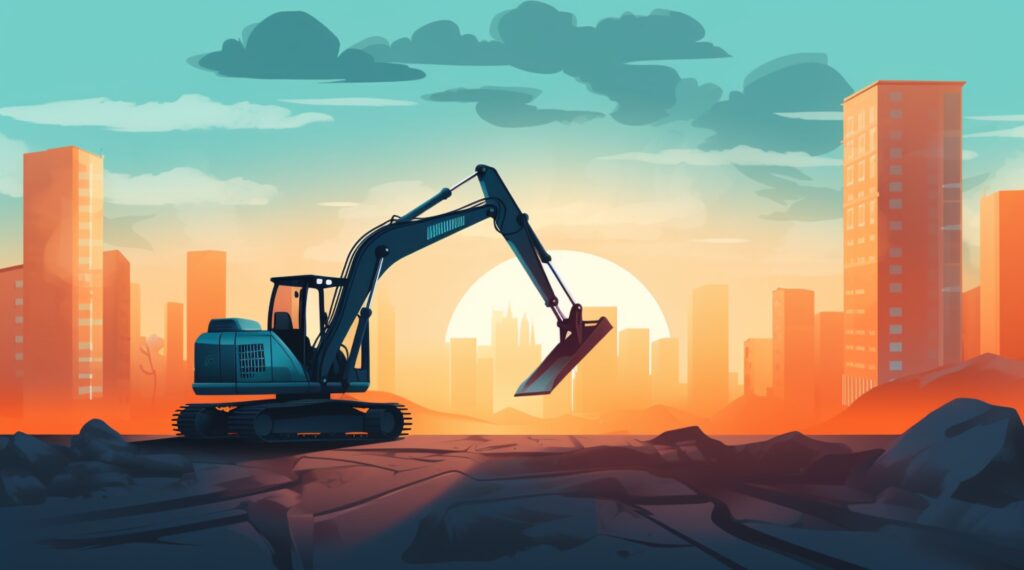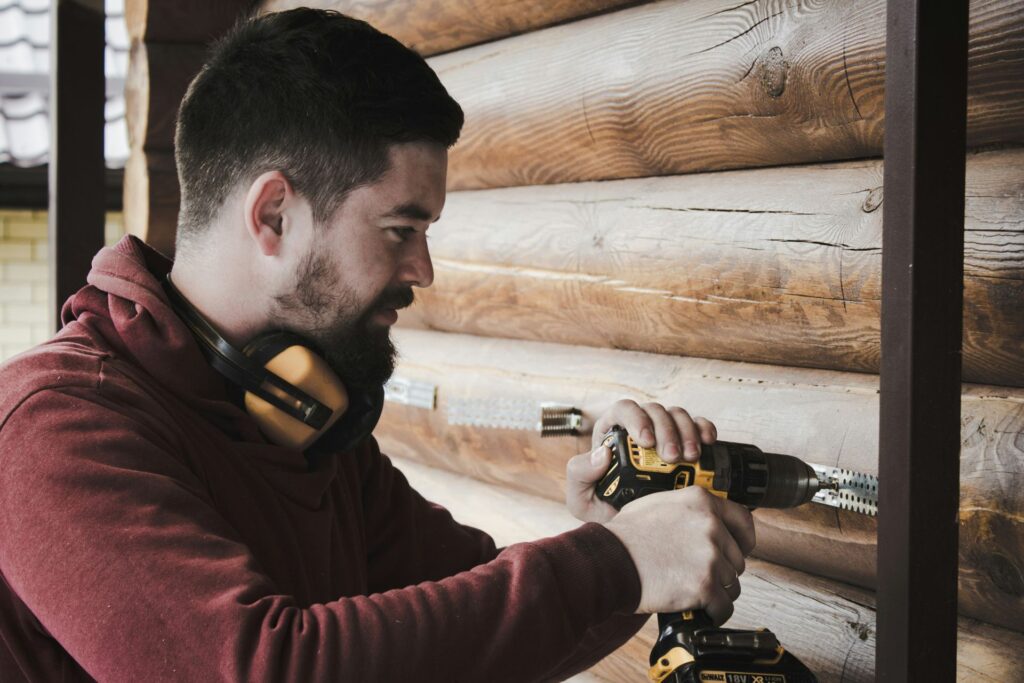
We are reader-supported. When you buy through links on our site, we may earn an affiliate commission.
Construction is an industry that comes with enormous risks. Whether you’re a contractor, property owner or run a small construction business, learning what coverage to get throughout the building or renovation project duration can help minimize the risk of financial and legal losses. This article explores the nine different types of construction insurance you should familiarize yourself with.
What Is Construction Insurance?
Construction insurance is the umbrella term for various policies offering protection to everyone with a financial interest in a building project, from contractors to property owners. People unfamiliar with it think it’s an actual form of insurance, but it refers to the multiple coverage menus available in this industry.
It’s comparable to health insurance with subset coverage types like Medicare and Medicaid. Each policy safeguards a specific buyer profile and has a purpose with set conditions.
Types of Construction Insurance
You have several options for protection if your line of business is in this field. They’re also customizable to suit your needs and circumstances.
1. Wrap Insurance
It’s an all-encompassing liability policy for contractors and subcontractors. You can think of it as a general form of coverage that includes builders risk and other more specific types of construction insurance.
There are two types of wrap insurance programs — owner-controlled insurance packages and contractor-controlled insurance packages.
The difference between the two is the former is sponsored by the property owner, while the latter is regulated by the chief contractor hired to complete the project.
It’s insurance ideal for large projects costing more than $10 million, covering contractors and subcontractors. While the owner or the construction company controls the policy, each worker must pay a share of the policy.
2. Builders Risk
Also known as course of construction insurance, it covers buildings under construction. There are uncontrollable scenarios when working on a building project. For instance, a fire or an explosion could occur within the vicinity and affect the ongoing project. Builder’s risk insurance coverage kicks in when any of these circumstances happen.
- Hail
- Theft
- Vandalism
- Hurricanes
- Lightning
Almost everyone involved in the project needs this policy. What does it cover? It pays for real estate taxes, rental income and lost sales in case of damaged property. However, since each project has unique specifications, you can customize the coverage to suit the situation.
3. General Liability Insurance
Some people know it as contractor general liability or commercial general liability insurance. It protects you and your business if someone files a claim due to body injuries or property damage.
For example, suppose debris accidentally falls on a passerby due to negligence or a neighboring home or commercial space sustained damage during operation. Your company may face a lawsuit.
General liability insurance covers medical bills, attorney fees and other related expenses, cushioning your business assets from losses. It’s common to have this as some states, like Alabama and Colorado, require an active policy before obtaining a contractor license.
4. Pollution Liability Insurance
This coverage shields your business against third parties who may file a damage lawsuit caused by pollutants. Contractors often use environmentally harmful chemicals, but it’s moderated via the standard operating procedures outlined in a handbook.
Suppose a worker accidentally spills a solvent that leaks into the soil and contaminates the nearby waterway. People affected may file a legal case, which translates into extra expenses on your part. In such a situation, pollution liability insurance helps settle attorney fees, regulatory fines and remediation costs, such as the clean-up and emergency response. Anyone who handles agents or substances that pose environmental risk must get this policy.
6. Commercial Auto Insurance
All states require auto insurance except for New Hampshire and Virginia. Still, vehicle owners — both personal and commercial cars — can benefit from auto insurance in case of unanticipated situations on the road.
A commercial auto policy protects your business from lawsuits and financial disadvantages if an unfortunate crash occurs while transporting construction supplies. The insurance company will help cover medical expenses for injured people caught in the accident and other property damage. Uncertain things can happen on the streets, so it’s in your company’s best interest to get secured even if you live in the two states where auto insurance isn’t mandated.
7. Inland Marine Insurance
In construction, it’s common to transport materials, products and equipment from far locations to the site and use a third-party warehouse in logistics. Inland marine insurance protects these resources while being transported over land, not water.
It’s worth noting that it’s different from auto commercial insurance, which pays for those affected by a car accident. Inland marine insurance covers the resources in transit, like building supplies and other construction equipment. Get this type of construction insurance whenever you move or ship construction materials.
5. Errors and Omissions Insurance
Otherwise known as professional liability insurance, this policy shelters your business from alleged claims regarding a mistake in providing the service. An example is when a client files a legal complaint to an architect due to an inaccurate construction design. Any form of negligence, omissions or errors in delivered services, incorrect advice and misrepresentation can be used by others to sue you or your company.
Errors and omissions insurance provides a financial safety net for legal expenses and monetary damages related to the filed case. Many companies without coverage take a massive financial hit, sometimes leading to bankruptcy. Consider getting this one to protect your business.
8. Workers’ Compensation Insurance
This insurance manages risks if employees get injured or ill at work. All states obligate business owners to have this coverage, so getting one helps you adhere to the state requirements.
At its core, it helps your business in a couple of ways. First, pay for hospitalization and related expenses if an employee gets sick or injured on the site. Second, if an injured employee files a legal report, it will protect your business from the aftermath.
9. Subcontractor Default Insurance
The main contractor oversees and manages dozens of subcontractors and lower-tier trade workers for large projects. One or two hired subcontractors might decide to breach their contract. Dealing with the repercussions of their actions can be a headache. You’re left with finding and hiring a replacement or paying a fine for extending the timeline for the project.
This is when subcontractor default insurance comes in handy as it lets you sidestep the negative consequences if a subcontractor fails to do their part according to what’s specified or they default on the contract.
Construction Insurance Will Protect You and Your Business
A single construction project can span months or years, putting you in a situation of uncertainty. A subcontractor may suffer an injury at work, affecting the project deadline. A vehicle collision may happen while transporting building materials. All of these circumstances can ripple into financial and legal repercussions that can cripple your business.
These nine types of construction insurance can protect you, your business and your workers in unexpected incidents. Familiarize your options to secure your business assets.










